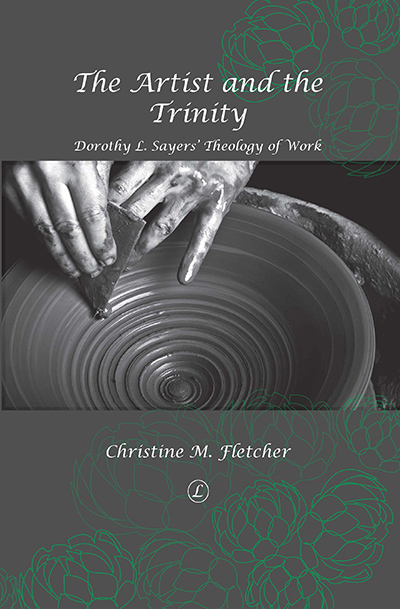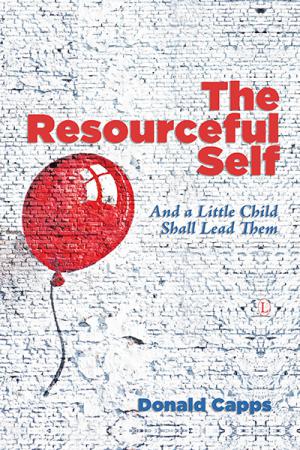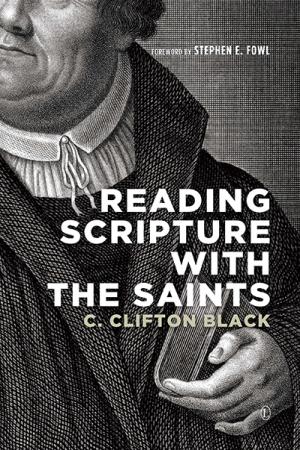Description
The Artist and the Trinity aims to create a Christian theology of work based on Dorothy L. Sayers’ analogy of the Trinity to the process of artistic creation. Sayers’ analogy gives us an account of the person that does not collapse into the atomism of the individual of modern liberal capitalism, but is fully relational. By putting Sayers into dialogue with Alasdair MacIntyre, the book develops a fully Trinitarian theology of work that accounts for the interdependence of human beings, and for the ethical requirements of caring for the weak, the young, and the old in a way that is gender neutral.
About the Author
Christine M. Fletcher is Associate Professor of Theology at Benedictine University, Lisle, Illinois. She is the author of numerous articles on the ethics of work and on Dorothy L. Sayers.
Contents
Foreword by Malcolm Brown
Acknowledgments
Introduction
1. Sayers’ Life and Work
2. Imaginative Writing: Showing not Telling
3. Sayers’ Wartime Writing
4. The Artist and the Trinity
5. Good Work
Appendix I: The Joint Letter on the Five Peace Points
Appendix II: Christ the Worker a Dogmatic Approach
Bibliography
Index
Endorsements and Reviews
Dorothy Sayers was one of the bright stars of the Anglo-Catholic literary firmament in England. … Among Sayers’ great gifts was the ability to show the light orthodox Christian doctrine sheds on both artistic ‘making’ and the everyday ‘doing’ for which we need ethics in a workaday world. Christine Fletcher’s typically robust yet engaging study succeeds brilliantly in demonstrating for a new generation what Sayers was about.
Aidan Nichols OP, Blackfriars, Cambridge
Professor Fletcher has written in an engaging style about a neglected dimension of the contribution of Dorothy L. Sayers to serious thinking about work (demolishing some myths about gender on the way). Moreover, she confidently displays Sayers’ theological versatility in being at once faithful to the Christian doctrine of the Trinity, while illuminating it for the meaning of work, so central to the lives of human beings.
Ann Loades, University of Durham
Karl Barth was right: Dorothy Sayers was one of the best and most lucid lay theologians of the twentieth century, especially on that difficult topic of the Trinity. Christine Fletcher has not only given us a book on Sayers that is as clear and as illuminating as the books by her subject; she has also done something more: she has given us a practical theology. This is a book one can actually put to work.
Edward T. Oakes SJ, University of St Mary of the Lake
Christine Fletcher firmly steers her readers into taking very seriously as a theologian and a fighter for social theology someone whom they may know only as an outstandingly good writer of detective fiction in her own era and translator and commentator on Dante’s Divine Comedy. … Reading Fletcher on Sayers and MacIntyre is a refreshing way of engaging with the discrimination of justice in a complex world.
Ann Loades, in Theology, Vol 118, Issue 2
This excellent book prompted me to reflect that it is easy for those of us in ministry, encouraged perhaps by managerialist ecclesiastical bureacracies, to view our own work as a set of outcomes to be achieved and problems to be solved over such issues as numerical growth, money, and buildings. But Sayers provides us with another way of conceiving it: as a work of artistic creativity.
Revd Dr Edward Dowler, in Church Times, 29 May 2015






